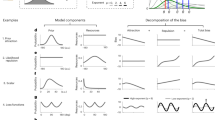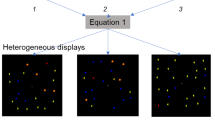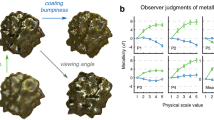Abstract
THE history of the spread of knowledge regarding the Young-Helmholtz theory of colour vision is a very curious one. As in the case of all other great theories, its range of possible application far exceeds the demands made upon it for the explanation of actual facts. Limitations have to be imposed upon it here and there in answer to inquiry as to which choice out of several has been the one adopted by Nature. This process is in accordance- with the development of all great theories. In the earlier stages powerful restrictions are adopted in order that advancement may be made. When these are found to be too restrictive a wider postulate is made so as to include a wider group of facts within the scope of the theory; and, the whole development being simple and direct, the theory at last stands forth as no longer a theory but a fact greater and wider than any of the groups of facts which are contained within its bounds. Thus the electron theory is now,, apart from certain tentative developments, a fact standing upon as wide a basis of experience as any so-called fact of which we are cognisant.
This is a preview of subscription content, access via your institution
Access options
Subscribe to this journal
Receive 51 print issues and online access
$199.00 per year
only $3.90 per issue
Buy this article
- Purchase on Springer Link
- Instant access to full article PDF
Prices may be subject to local taxes which are calculated during checkout
Similar content being viewed by others
Rights and permissions
About this article
Cite this article
PEDDIE, W. The Trichromatic Theory of Colour Vision. Nature 112, 163–164 (1923). https://doi.org/10.1038/112163a0
Issue Date:
DOI: https://doi.org/10.1038/112163a0
Comments
By submitting a comment you agree to abide by our Terms and Community Guidelines. If you find something abusive or that does not comply with our terms or guidelines please flag it as inappropriate.



